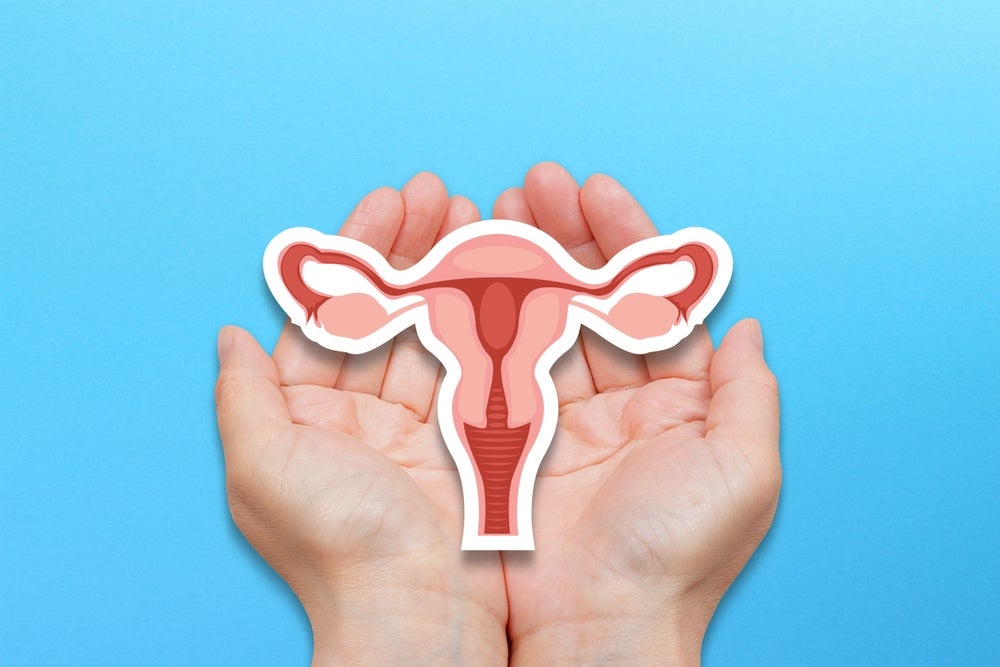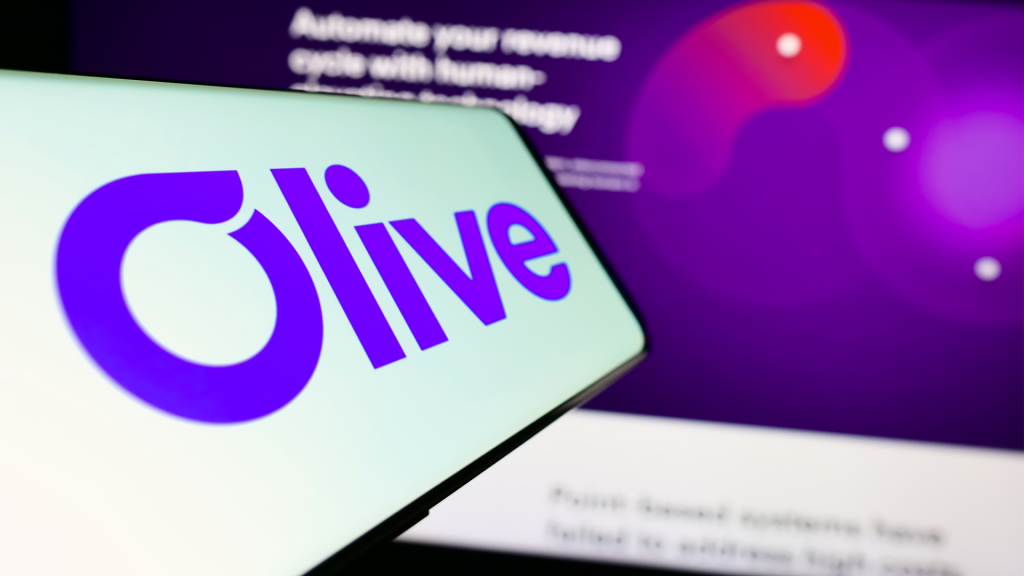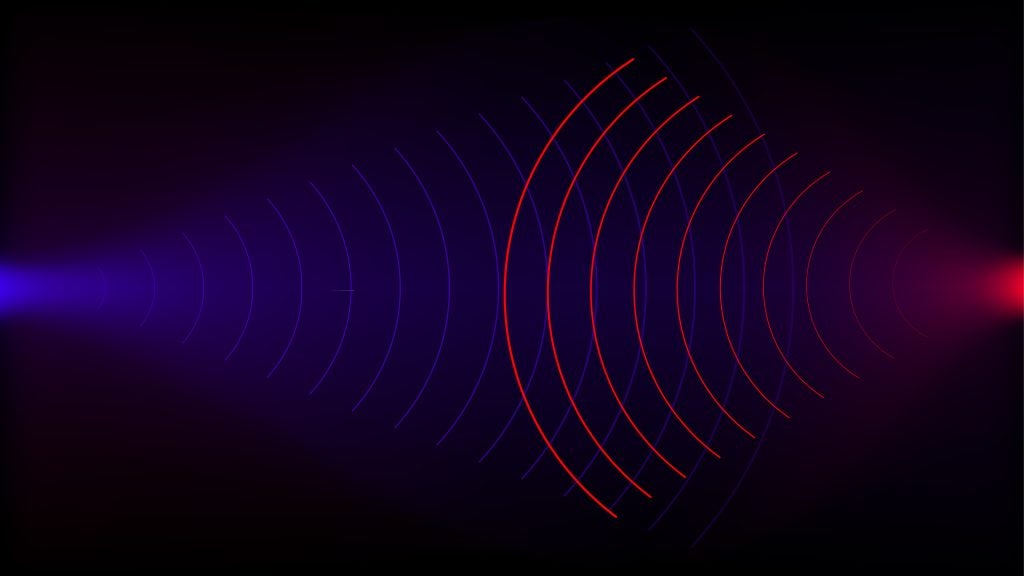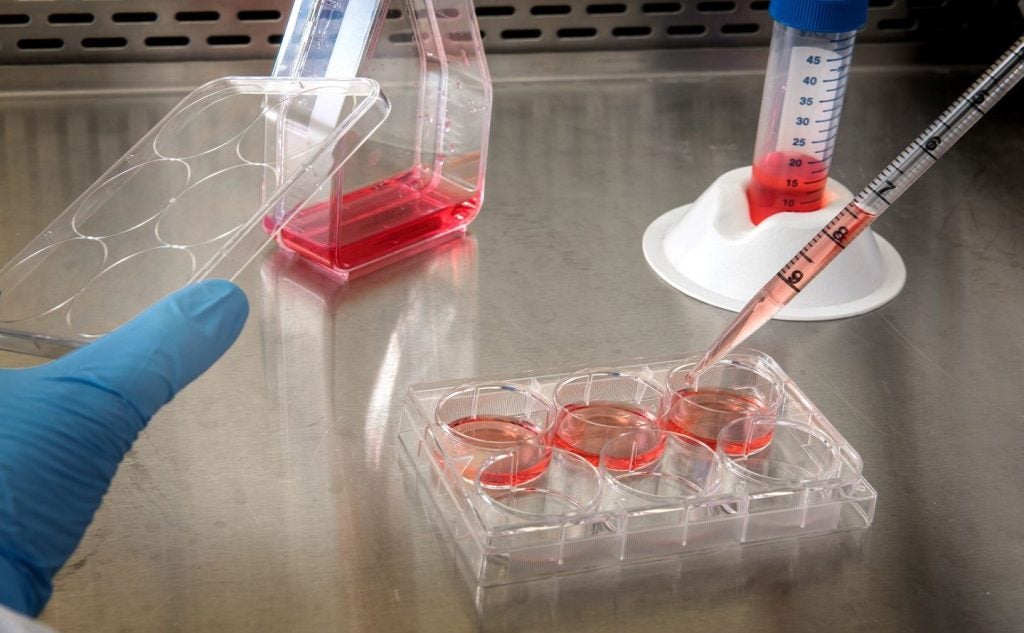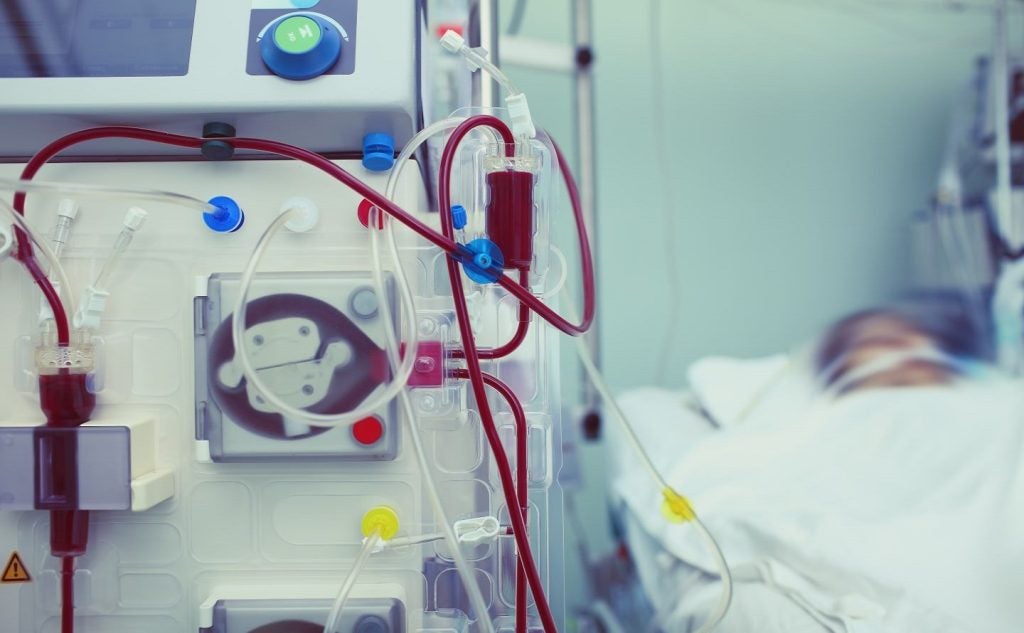Women’s healthcare company Gynesonics has secured $42.5m in financing to help further commercialise its Sonata technology.
The round, led by existing investors Amzak Health, Endeavour Vision, Kaiser Permanente Ventures, Runway Growth Capital, and Bain Capital, adds to a previous investment raise of $25m in April 2023.
UK-based life science investment fund MVM Partners joined the round as new investors.
Gynesonics president and CEO Skip Baldino said: “This funding will enable Gynesonics to continue to expand commercial operations and provide millions of patients suffering from symptomatic fibroids a safe and efficacious minimally invasive treatment.”
California-based Gynesonics’s lead product is the Sonata device. The system has had various iterations, with the 2.1 version being US Food and Drug Administration (FDA)-cleared in May 2020, and the 2.2 version being FDA-cleared in September 2021.
Baldino added that more than 275 million Americans are covered for Sonata and that a new Category 1 Current Procedural Terminology (CPT) code for the device will be effective in the US from January 2024.
The system uses radiofrequency ablation with intrauterine ultrasound guidance to treat symptomatic uterine fibroids – benign tumours that grow in the wall of the uterus. Around 26 million women in America are estimated to live with the disease. Fibroids can cause intense pain and heavy menstrual bleeding.
A 2021 briefing by the UK’s National Institutes of Care and Excellence described the usefulness of the incision-less procedure in place of a more invasive surgery such as hysterectomies, myomectomies or embolisation procedures. Despite highlighting uncertainties around long-term clinical outcomes, NICE outlined evidence from six studies investigating a total of 1,320 people with uterine fibroids that demonstrated most patients were satisfied with treatment.


